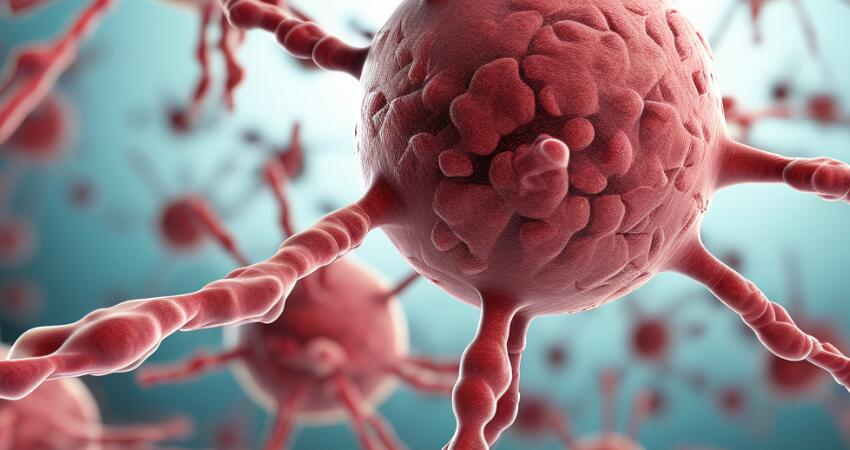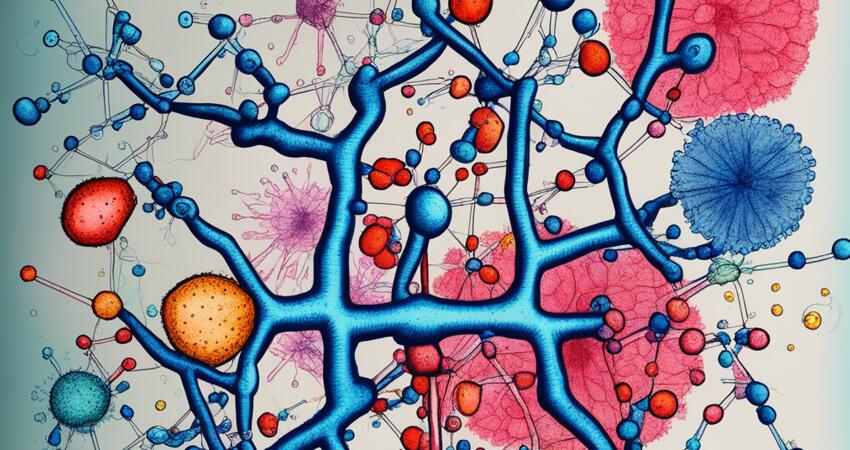Compared to traditional antibodies, nanobodies offer unique advantages in cancer treatment strategies.
Firstly, nanobodies possess smaller molecular sizes and stronger conformational epitope recognition abilities. Traditional antibodies are limited in their recognition capabilities, leading to binding with normal cell receptors and causing certain impacts on normal cells, resulting in suboptimal treatment outcomes or side effects.
In contrast, nanobodies can precisely deliver the loaded drugs to tumor cells with better recognition capabilities, minimizing the impact on normal cells. This enhances the treatment's specificity and precision.

Secondly, nanobodies exhibit superior penetration and affinity compared to traditional antibodies. Leveraging their smaller molecular sizes, nanobodies can more easily traverse the 'uneven crevices' on the surface of tumor cells, seeking epitopes that traditional antibodies cannot bind to [1]. Moreover, due to their longer CDR3, nanobodies can form a stable loop structure, which assists in deep binding within the 'crevices' of antigens, resulting in stronger binding compared to traditional antibodies, greatly enhancing their affinity [2].
Additionally, nanobodies possess better drug delivery capabilities. Traditional antibodies may face limitations in drug stability and bioavailability, resulting in unstable drug efficacy or difficulty in meeting therapeutic requirements. By harnessing nanobodies for drug delivery, precise drug delivery and release can be achieved. This precise drug delivery and release mechanism can enhance drug efficacy, reduce drug dosage and frequency, thereby minimizing patient discomfort and side effects [2].

Moreover, the low immunogenicity risk of nanobodies reduces the potential for adverse reactions associated with drugs delivered via nanobodies.
Furthermore, nanobodies can be combined with other therapeutic strategies to form a multimodal treatment approach. For instance, nanobodies can be combined with photothermal therapy or radiotherapy to achieve synergistic therapeutic effects. This multimodal treatment approach can enhance treatment efficacy, reduce the occurrence of tumor resistance, and provide patients with more comprehensive and personalized treatment options.

In summary, nanobodies represent a promising emerging therapeutic strategy that opens up new possibilities for cancer treatment. They possess higher specificity and affinity, improved drug delivery and release capabilities, and synergistic effects when combined with other therapeutic approaches. Although there are still some technical challenges associated with this technology, the advent of nanobodies has ushered in a new era in cancer treatment. We have reason to believe that with the continuous development and maturation of nanotechnology, nanobodies will provide cancer patients with more precise and personalized treatment options, ultimately leading them to victory in the battle against cancer.







